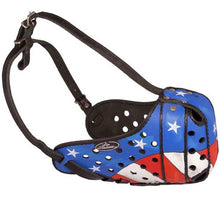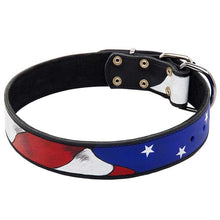Help For Underweight Dogs

Trying to put weight on a skinny or underweight dog may involve more than just feeding the dog more food. If you are feeding your dog a healthy diet and they are underweight, there are some things to consider.
Diet
Before you do anything else, you need to take a good, hard look at your dog’s size, frame, and diet. If your dog is considerably underweight, a common sense approach would be to read the label on your food to ensure you’re feeding the right amount. Feeding guidelines can vary widely on kibble as well as canned food and a measurement for one brand of food may does not equal the measurement of another.
When feeding canned foods, many high quality canned foods are high in moisture content, which is vital to the health of dogs, but portions may be larger so ensuring that your dog is consuming enough calories is the first step. If your dog is very active or lives on a cold climate, you may need to feed extra calories to maintain a healthy weight.
Nutrition
Just as important as feeding enough calories is feeding a healthy diet. Meat should be the first ingredient in your dog’s food. Dogs tend to do best on a grain free diet and fillers such as corn, wheat and soy do not meet the nutritional guidelines needed for dogs. If you are unsure about your food or need help deciphering the label, www.dogfoodadvisor.com is an excellent resource to see how your food stacks up nutritionally. The dogs food should contain high protein and healthy fats.
Health
Dogs that are severely underweight may be suffering from undiagnosed health conditions, food allergies, or food sensitivities. Dogs that often vomit, have diarrhea, suffer from gas, or has poor skin and coat, may simply be sensitive to an ingredient in their food or it could be something more.
One thing is certain, while it is normal for pets to gain and lose nominal amounts of weight during their lifetimes, sudden weight loss, the ability to keep weight on, or the inability to achieve a healthy weight is always cause for concern.
Conditions that can cause weight loss in dogs
There are many disease and problems that can cause dogs to be underweight, including:
- Diabetes
- Cancer
- Liver disease
- Heart disease
- Inflammatory bowel
- Digestive disorders
- Stress
- Pain
- Dental pain
- Parasites/Worms/Heartworm
- Cushing’s Disease
- Infections/Bacterial/Viral/Fungal
- Small Intestinal Bacterial Overgrowth (SIBO)
- EPI
- Hyperthyroidism
- Exocrine Pancreatic Insufficiency (EPI)
When it’s time to get help
Just as being overweight can cause health problems, dogs that fail to gain weight are also at risk of developing health problems or may already be suffering from an undiagnosed health condition. If your vet fails to make a diagnosis and the weight loss continues, ask for a referral to a specialist.
Veterinary care is needed to rule out any underlying health condition or dental problems so that you can work with your vet or canine nutritionist to help your dog achieve a healthy weight.
By taking a proactive role in your dog’s care, and researching the health problems your dog’s breed is susceptible to, can go a long way to keep you from missing important symptoms and signals that something might be amiss.
One final word-sometimes it’s the obvious things that are often missed so if you have not tried a different food with a different protein source, or tried feeding your dog a different brand or a limited ingredient diet, that is another option to consider.
As always, whenever you have a health concern about your dog, we always suggest you make an appointment with your vet.
























